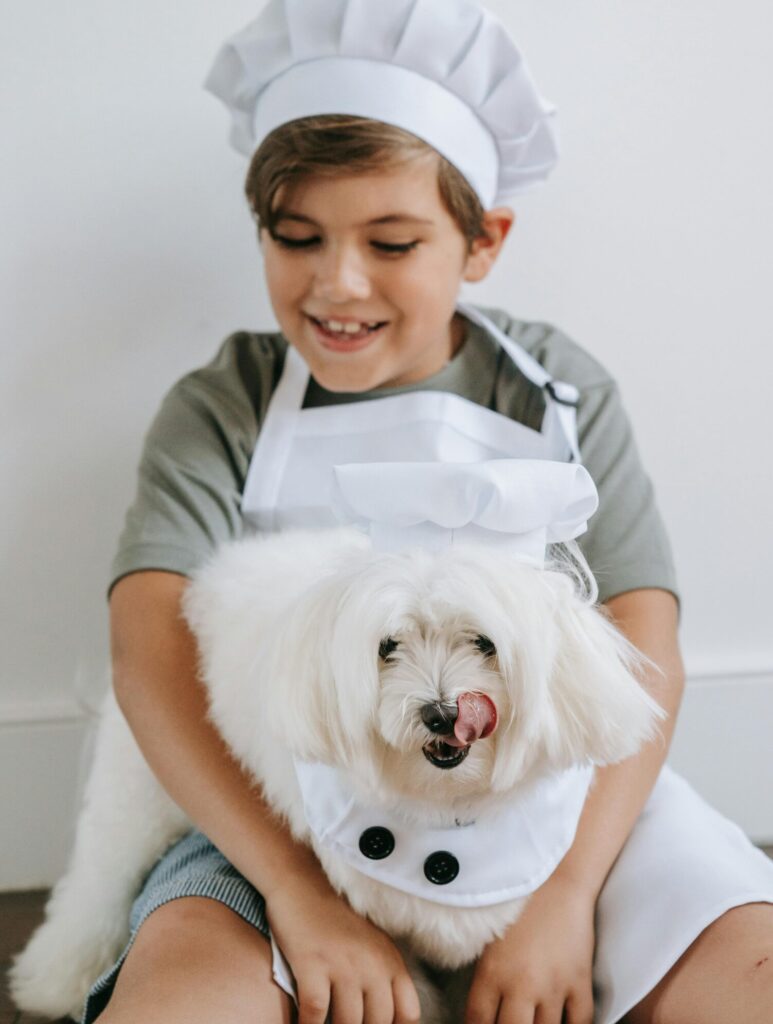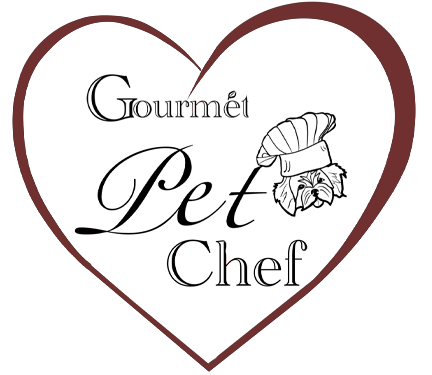July 4th dog safety tips become crucial during Independence Day celebrations when fireworks, barbecues, and outdoor festivities can pose serious risks to our beloved pets. Understanding comprehensive July 4th dog safety tips helps ensure your furry family member enjoys the holiday without encountering dangerous situations. When you implement proper July 4th dog safety tips, you create a secure environment where your pet can participate in patriotic celebrations while staying healthy and safe.
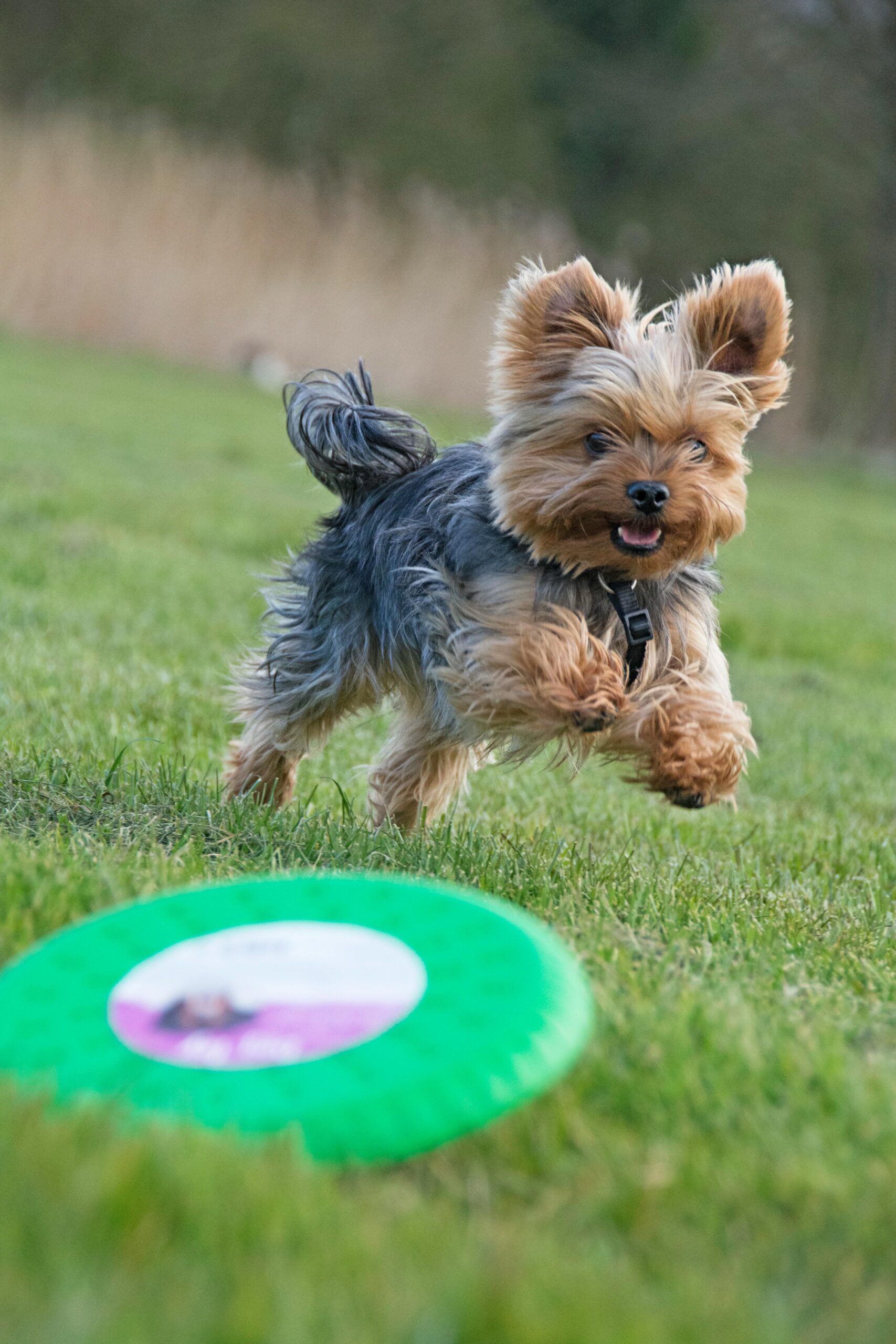
Why July 4th Dog Safety Tips Are Essential
July 4th dog safety tips address the unique hazards that emerge during Independence Day celebrations, from loud fireworks and toxic barbecue foods to increased stress levels that can affect your pet’s behavior. During this holiday, even well-trained dogs may behave differently due to loud noises, unfamiliar guests, and disrupted routines.
Proper nutrition plays a vital role in supporting your dog’s ability to handle July 4th stress and maintain good behavior during celebrations. Dogs fed high-quality, balanced nutrition tend to be calmer and more resilient when facing the loud sounds and excitement that Independence Day brings.
1. Create a Safe Haven for Fireworks
The most important of all July 4th dog safety tips involves preparing for firework anxiety. Set up a quiet, comfortable room inside your home where your dog can retreat during fireworks displays. Include their favorite bed, toys, and fresh water. Close curtains to muffle sounds and consider playing soft music or white noise to mask firework noises.
More pets go missing on July 4th than any other day due to panic-induced escape attempts. Ensure all doors and windows are securely closed, and never leave your dog outside during fireworks displays, even in a fenced yard.
2. Exercise Early and Maintain Routines
Smart July 4th dog safety tips include providing vigorous exercise early in the day before celebrations begin. A well-exercised dog is naturally calmer and better equipped to handle the stress and excitement of Independence Day festivities.
Maintain your dog’s normal feeding schedule as much as possible. Dogs fed consistent, high-quality nutrition with balanced proteins cope better with stress and are less likely to exhibit anxiety-related behaviors during busy celebrations.
3. Protect from Dangerous BBQ Foods
Critical July 4th dog safety tips involve protecting your pet from toxic barbecue foods. Keep these dangerous items away from your dog:
- Corn on the cob (causes intestinal blockages)
- Onions and garlic in marinades (toxic to dogs)
- Grapes and raisins in fruit salads (cause kidney failure)
- Fatty foods like ribs and hot dogs (trigger pancreatitis)
- Alcohol and chocolate desserts (extremely toxic)
Educate guests about not feeding your dog table scraps, and consider posting friendly reminders near food areas.
4. Prepare Safe, Patriotic Treats
Fun July 4th dog safety tips include creating safe alternatives so your pet can participate in the celebration. Make red, white, and blue treats using dog-safe ingredients like plain cooked chicken, blueberries, and sweet potato. Small pieces of high-quality dog food also work as healthy celebration treats.
Well-nourished dogs with balanced blood sugar levels are less likely to beg aggressively during barbecues, making celebrations more enjoyable for everyone.
5. Beat the Summer Heat
Essential July 4th dog safety tips for hot weather include providing plenty of fresh water and shade during outdoor celebrations. Avoid prolonged exposure to hot pavement that can burn paw pads, and watch for signs of overheating including excessive panting, drooling, and lethargy.
Plan outdoor activities during cooler morning or evening hours, and never leave your dog in a parked car, even for a few minutes.
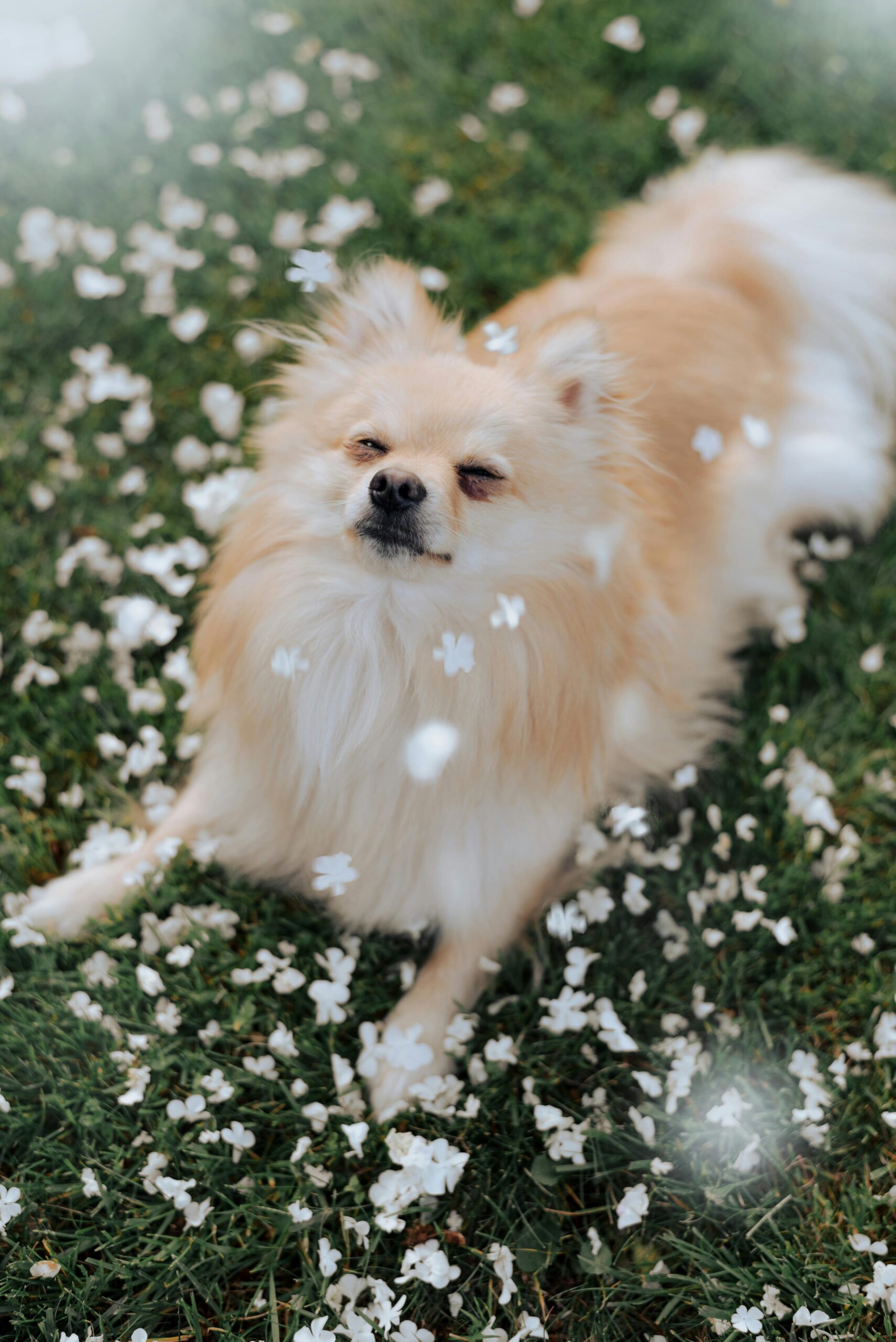
6. Secure Your Environment
Important July 4th dog safety tips involve making your celebration space safe before guests arrive. Check fences for gaps and ensure gates latch properly, as scared dogs may attempt to escape during firework displays.
Keep citronella candles, bug sprays, and glow sticks away from pets, as these items can be toxic if consumed. If you have a pool, supervise dogs around water and ensure pool covers are secure.
7. Update Identification and Emergency Contacts
Crucial July 4th dog safety tips include ensuring your pet wears current identification tags with updated contact information. Consider microchipping before the holiday if you haven’t already, as July 4th has the highest rate of lost pets annually.
Research emergency veterinary clinics that will be open during the holiday and keep their contact information easily accessible, as many regular veterinary offices are closed on Independence Day.
8. Recognize Signs of Distress
Vital July 4th dog safety tips involve knowing the warning signs that your pet needs help. Watch for symptoms of heat exhaustion, anxiety, or food poisoning including:
- Excessive panting or drooling
- Vomiting or diarrhea
- Unusual hiding or clingy behavior
- Trembling or restlessness
- Loss of coordination
Dogs receiving premium nutrition with natural ingredients typically show clearer symptoms when something is wrong, making it easier to identify when they need immediate veterinary attention.
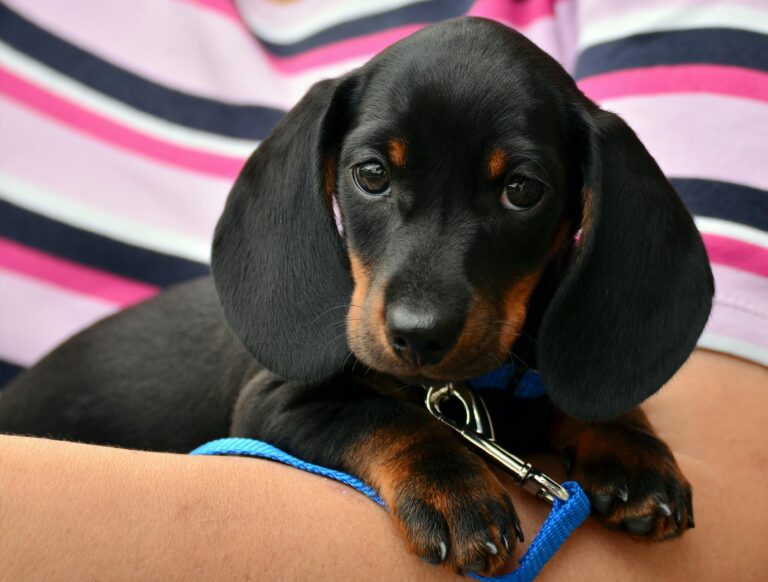
Supporting Your Dog Through July 4th with Proper Nutrition
Quality nutrition plays a crucial supporting role in helping your dog handle July 4th stress. Dogs fed high-quality proteins, omega-3 fatty acids for brain health, and balanced nutrition without artificial additives often demonstrate better stress management and emotional regulation during challenging celebrations.
Proper nutrition also supports your dog’s immune system and overall health, helping them recover more quickly from any stress or minor upsets that might occur during Independence Day festivities.
For more information about supporting your dog’s health and behavior during July 4th and year-round, contact our pet nutrition specialists who can help ensure your pet receives optimal nutrition for handling Independence Day celebrations safely.
 Skip to content
Skip to content

